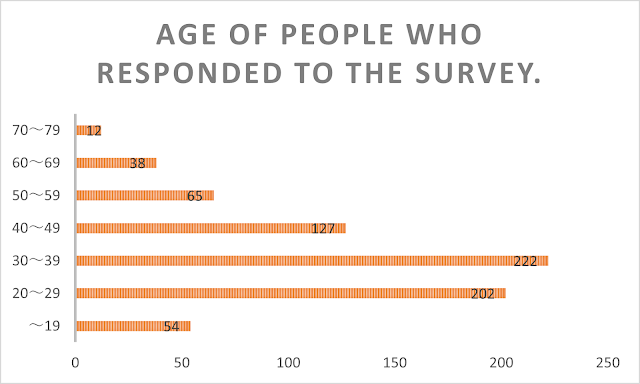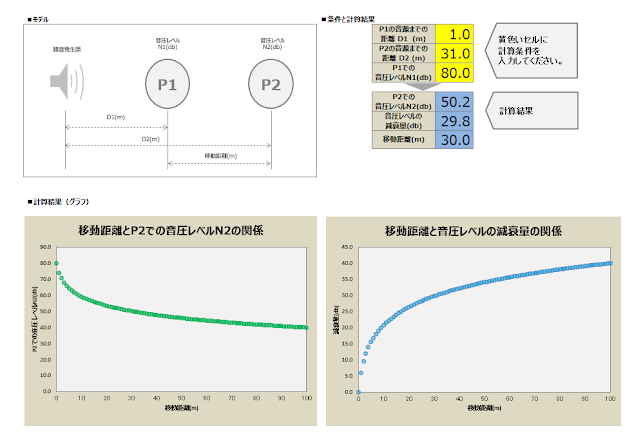Q.What kind of thoughts do general people without children have about children's voices being considered noise?
Q1. What kind of thoughts do general people withought children have about children's voices being considered noise?
A1. I think that the opinions and perceptions of people without children regarding children's may be widely differ. Based on some of the opinions I have seen on some social media sites and opinions of people around myself, I would like to pick up some of the general thoughts that people without children have about the issue.
Many individuals without children may understand that children
naturally have higher energy levels and may express themselves more loudly. Not
only those without children, but many individuals can empathize with their
parents and understand that children's voices are a natural part of their
development. They may also appreciate the joy and innocence that children bring,
and don’t think that their voices need to be avoided or suppressed. On the
other hand, some individuals without children may find children's voices
disruptive or inconvenient, particularly in certain situations or settings.
They may perceive children's noise as an interruption to their own activities
or a distraction in public spaces such as restaurants, public transportation,
or libraries. Some individuals may be more sensitive to noise in general and
find it more challenging to tolerate loud sounds. Others may simply prefer a
quieter environment and may find children's voices, regardless of the context.
It is important to recognize that these perspectives are not
universal, and mindsets can vary widely depending on individual experiences,
cultural influences, and personal preferences. It is important to form a
society where people with and without children can respect each other on this
issue.
_____________________
Q2. What kind of thoughts do people who have expeience being a parent have about this issue?
A2. People who have experience being a parent tend to have different understanding from those who haven’t, about the issue of children's noise. I searched some posts on social media showing their thoughts on this matter. I would like to summarize some of them.
Parents, based on their own experiences, have a better understanding
of their children's voices as a natural part of their development and
expression. Furthermore, they recognize that their children's voices are
integral to their children's development and tend to show more empathy and
tolerance for their children's voices. Their experience with the pleasures and
difficulties of parenting may be a reason for their greater patience and
understanding regarding the child's voice. They may also remember their own
children and feel joy when they hear children's voices. Although, it is also
observed that some people are not tolerant when it comes to other people's
children. Especially if their own children are comparatively quiet, they may be
uncomfortable with children who make excessive noise. In addition, if one
parent is not much involved in child raising, that parent may not fully
understand the difficulties of child raising and may sometimes be intolerant of
the child's voice.
These are the opinions and information I
have obtained from my own parents and social media. I hope you find it helpful.
Published by Galina
______________________
References and sources:
・Twitter, searched by “children noise”.
https://twitter.com/nytissue/status/1682913103703588864?s=20 Neighbors' opinion
https://twitter.com/komancomeon/status/1681231811228344320?s=20 Parents' opinion
https://twitter.com/jareet_p/status/1680729876368887808?s=20 Positive opinion
https://twitter.com/pppi_chann/status/1681268148354576384?s=20 Negative opinion
・Interviewing others,


It's possible to cite particular Tweets (or other social media posts) in APA style. Also, if you use the views of others through interviews you've conducted, you can cite them in the category of "personal correspondence.
ReplyDeleteYour observations here point to a divide between how those with children, and those without, perceive the noise (or, more neutrally, "sounds") generated by children. This points to a possible approach of your NGO, which might be to encourage more interactions between single people and people who have families and children, perhaps through neighborhood or "mansion" community events. In an area I once lived, in the city of Zama, a large "danchi" had its own festival and multiple community rooms. It made it possible for those with kids to interact with those without kids.
Thank you! I will change the content based on your comment.
Delete